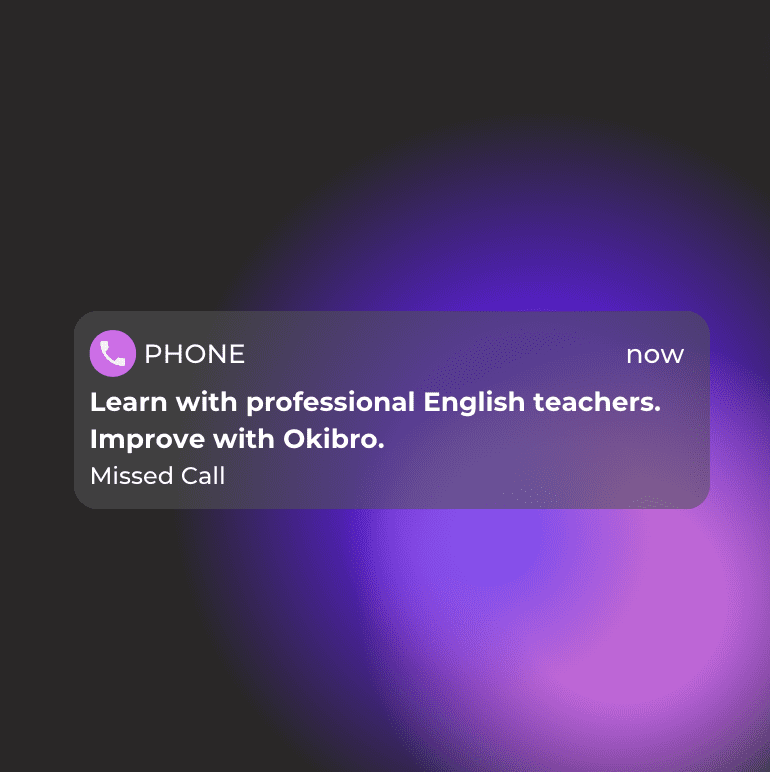What is the difference between “assent” and “ascent”?
Sometimes, English has words that sound alike BUT mean different things…
Yup, and… these can be tricky, especially when writing.
Two such words are “Ascent” and “Assent.”
At first, they sound almost the same, but they have different meanings. Let’s dive into what each word means and how to use them correctly.
Short answer
“Ascent” refers to a climb or upward movement, like hiking up a hill.
“Assent” means agreement or approval, like nodding your head yes to a plan.
They sound similar but are used in very different situations.
Definition of “Ascent”
“Ascent” means a climb or a journey upwards. It’s often used when talking about going up mountains, hills, or even career ladders.
It can be a physical climb or a symbolic rise to a higher point.
Contexts for Using “Ascent”
Climbing a mountain:
“The ascent to the mountaintop was challenging but rewarding.”
Career growth:
“Her ascent in the company was rapid thanks to her hard work.”
Increase in position or status:
“The ascent of the young athlete to national fame was inspiring.”
Going upstairs:
“The old staircase made a creaky ascent to the attic.”
Taking off in an airplane:
“The plane’s ascent was smooth despite the cloudy weather.”
Hiking:
“The ascent up the rocky trail took most of the morning.”
Progress in learning:
“His ascent in math skills amazed his teachers.”
Rising action in a story:
“The novel’s ascent to the climax was full of suspense.”
Improvement in health:
“After the surgery, there was a steady ascent in her health.”
Advancement in technology:
“The ascent of digital media has changed how we consume news.”
10 Ways to Use “Ascent” in Your Daily Grind
Morning Routine:
“Starting my day with a brisk walk uphill, I feel like my ascent is both literal and a great way to wake up.”
Goals:
“I’m plotting my ascent to becoming the captain of the soccer team.”
Challenges:
“Overcoming my fear of heights feels like an ascent in personal growth.”
School Projects:
“Our group project on rockets is all about the ascent into space.”
Fitness:
“Every day, I challenge myself with a staircase ascent at the park.”
Hobbies:
“Learning guitar is like a gradual ascent; each day, I get a little better.”
Reading:
“I love stories that have a thrilling ascent to the big moment.”
Social Media:
“Documenting my journey learning to cook on my blog is like an ascent into becoming a mini-celebrity.”
Video Games:
“In the game, my character’s ascent to the top levels is pretty epic.”
Personal Reflection:
“Every night, I write in my journal about my ascent through the challenges of the day.”
Definition of “Assent”
“Assent” means to agree or give approval.
When someone gives their assent, they are saying “YES” or showing that they are OKAY with an idea or suggestion.
*It’s like giving a thumbs up to a plan or decision.
How to Use “Assent” in Ordinary Life
Family Decisions:
“When we all agree on a movie to watch, that’s our family giving its assent.”
School Projects:
“Our teacher needs our assent before we change the topic of our project.”
Friend’s Suggestions:
“If my friend suggests a new game, and I nod, that’s me giving my assent.”
In Clubs or Teams:
“As a team member, I give my assent to the captain’s strategy.”
At Home:
“When my parents plan a trip and I say ‘yes’, that’s giving my assent.”
Social Situations:
“If someone proposes a group outing and I agree, that’s giving my assent.”
Online:
“Clicking “agree” on terms and conditions is a form of digital assent.”
Classroom Voting:
“Raising my hand in class to support a decision is a way of showing assent.”
During Conversations:
“When I’m listening and nodding, I’m showing my assent to what’s being said.”
Making Plans:
“When someone asks if I’m free on the weekend and I say yes, that’s giving my assent to hang out.”
Practical Tips for Distinguishing Between “Ascent” and “Assent”
To remember the difference between “Ascent” and “Assent,” think of the “c” in “ascent” as “climbing,” and the “s” in “assent” as “saying yes.”
Here’s a handy table to compare the two words:
| Aspect | Ascent | Assent |
| Meaning | Climbing or going upwards | Agreement or approval |
| Example | The ascent of a mountain | Giving assent to a plan |
| Use in a Sentence | “The hiker’s ascent was steep and tiring.” | “She nodded in assent to the proposal.” |
| Context | Often physical, like hiking or climbing | Usually verbal or non-verbal agreement |
| Related to | Movement, height, progress | Approval, agreement, consent |
| Synonyms | Climb, rise, advancement | Agreement, approval, consent |
| Antonyms | Descent, fall | Disagreement, refusal |
| Memory Tip | “C” in “ascent” for “climb” | “S” in “assent” for “saying yes” |
| Pronunciation | Uh-sent (with a soft “c”) | Uh-sent (with a soft “s”) |
| Part of Speech | Noun | Noun (can also be used as a verb) |
“Remember, “ascent” is about going up or advancing, and “assent” is about agreeing or giving approval.”
Keep these tips in mind, and you’ll easily tell these two apart!
List of Sources to Improve Your Grammar
For readers interested in delving deeper into the complexities of language and usage, there are many insightful books available.
*These books cover a wide range of topics related to English language, grammar, and effective communication.
Here’s a list of some highly recommended titles:
“Grammar for Dummies” by Geraldine Woods.
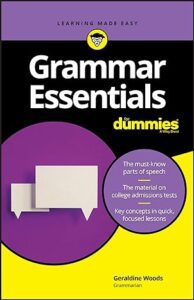
Part of the popular “For Dummies” series, this book breaks down grammar in a straightforward and accessible way, ideal for beginners.
“The Grammar Devotional: Daily Tips for Successful Writing from Grammar Girl” by Mignon Fogarty.
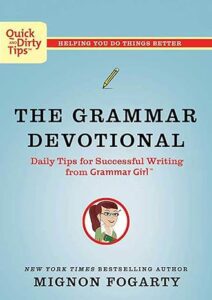
This book offers daily tips and fun quizzes to improve your grammar. It’s a light and enjoyable read that makes learning grammar feel less like a chore.
“English Grammar in Use” by Raymond Murphy.
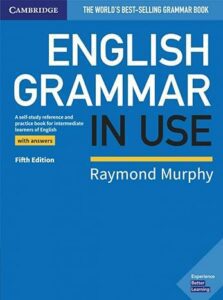
A favorite among ESL learners, this book provides clear explanations and practical exercises. It’s structured in a way that lets you work at your own pace, making it great for self-study.
“Perfect English Grammar: The Indispensable Guide to Excellent Writing and Speaking” by Grant Barrett.
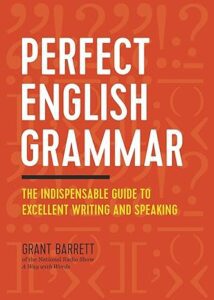
This guide offers clear explanations and real-world examples. It’s ideal for anyone looking to polish their writing and speaking skills in English.
“The Chicago Guide to Grammar, Usage, and Punctuation” by Bryan A. Garner.
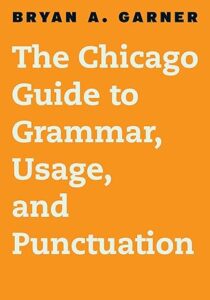
This comprehensive guide by a well-known expert in the field is ideal for writers, editors, and anyone interested in the intricacies of the English language. It covers a wide range of topics in depth.
Each of these books offers valuable perspectives on the English language, from its history and evolution to practical tips on usage and style. They are excellent resources for anyone looking to deepen their knowledge of English, whether for personal growth, academic purposes, or simply out of a love for the language.
